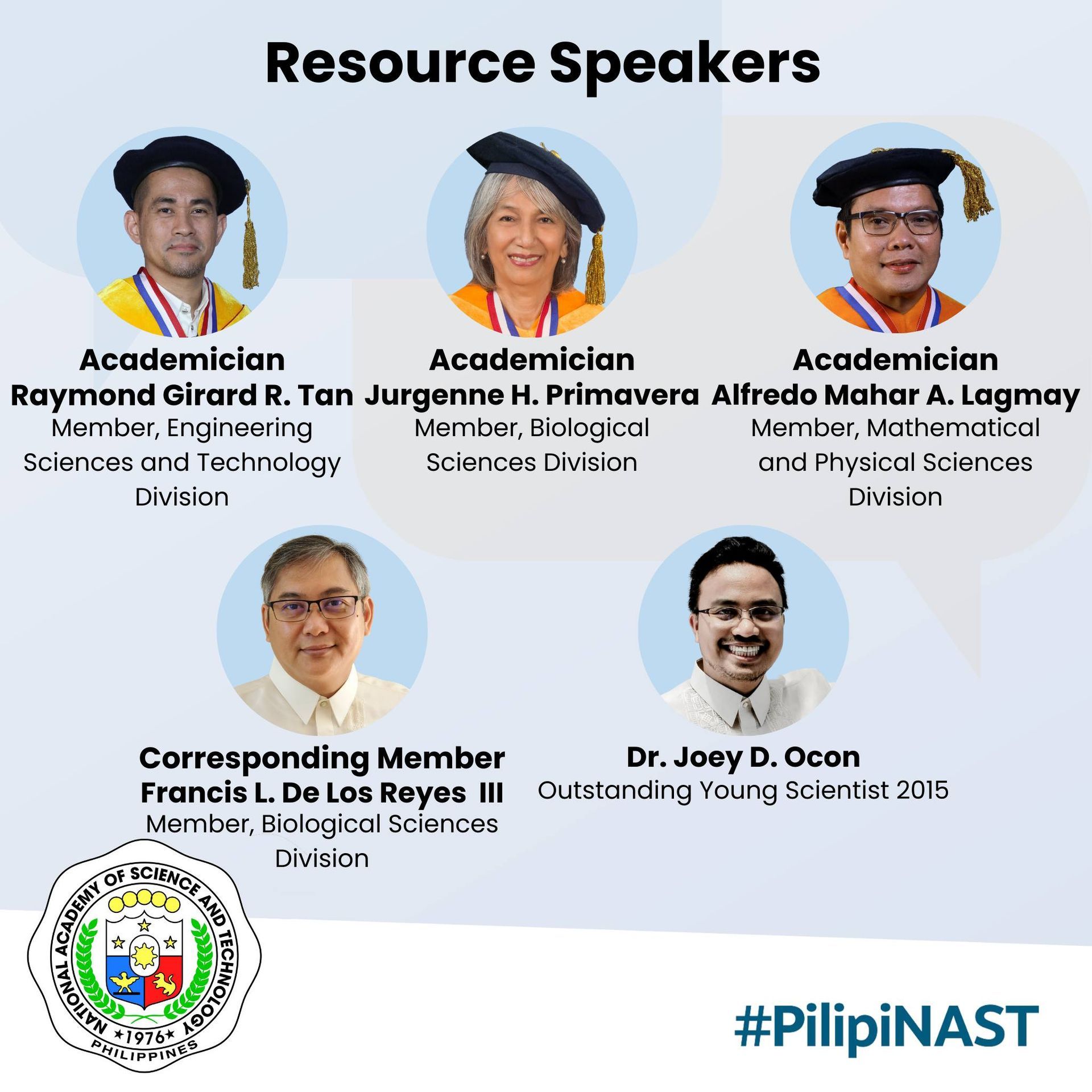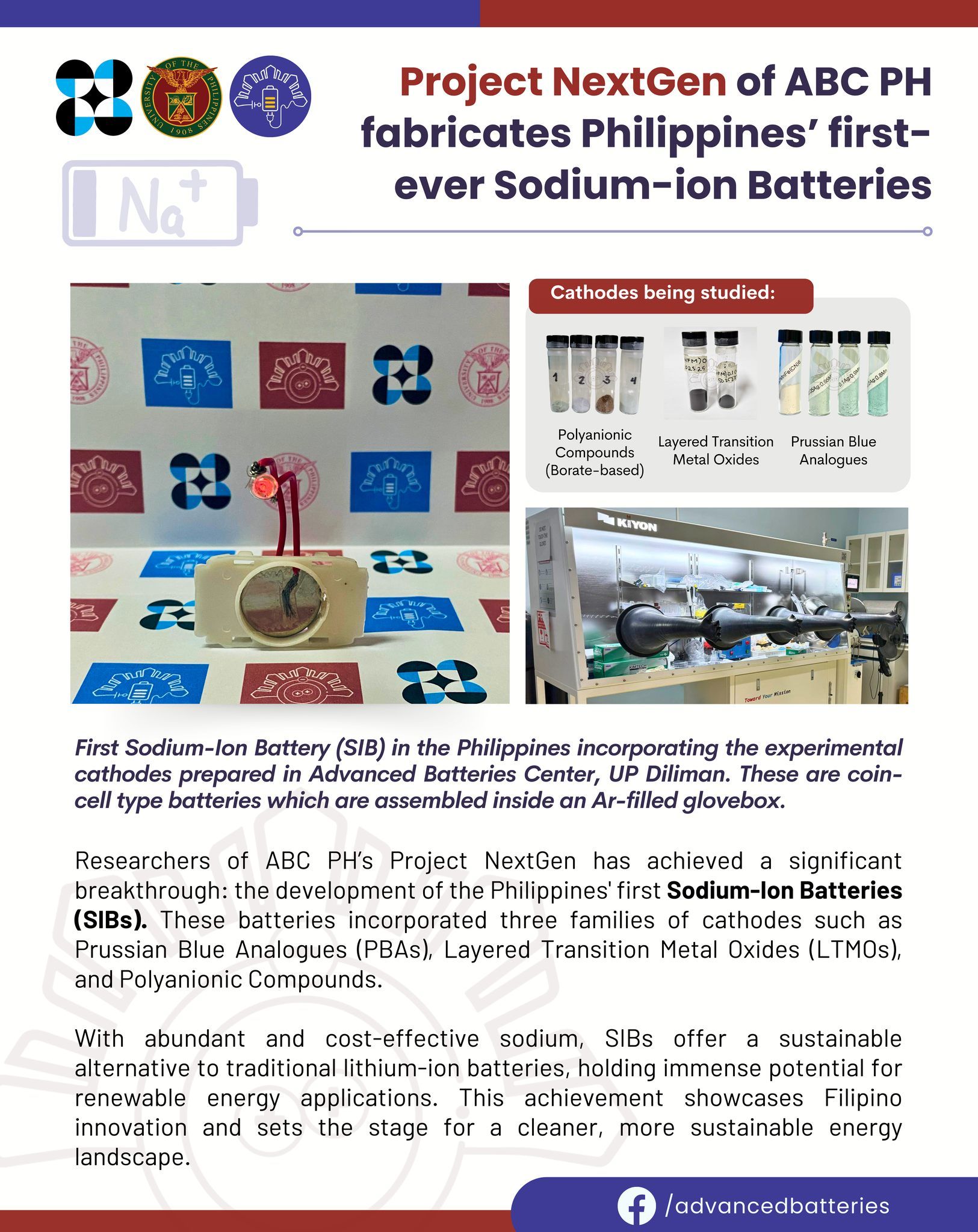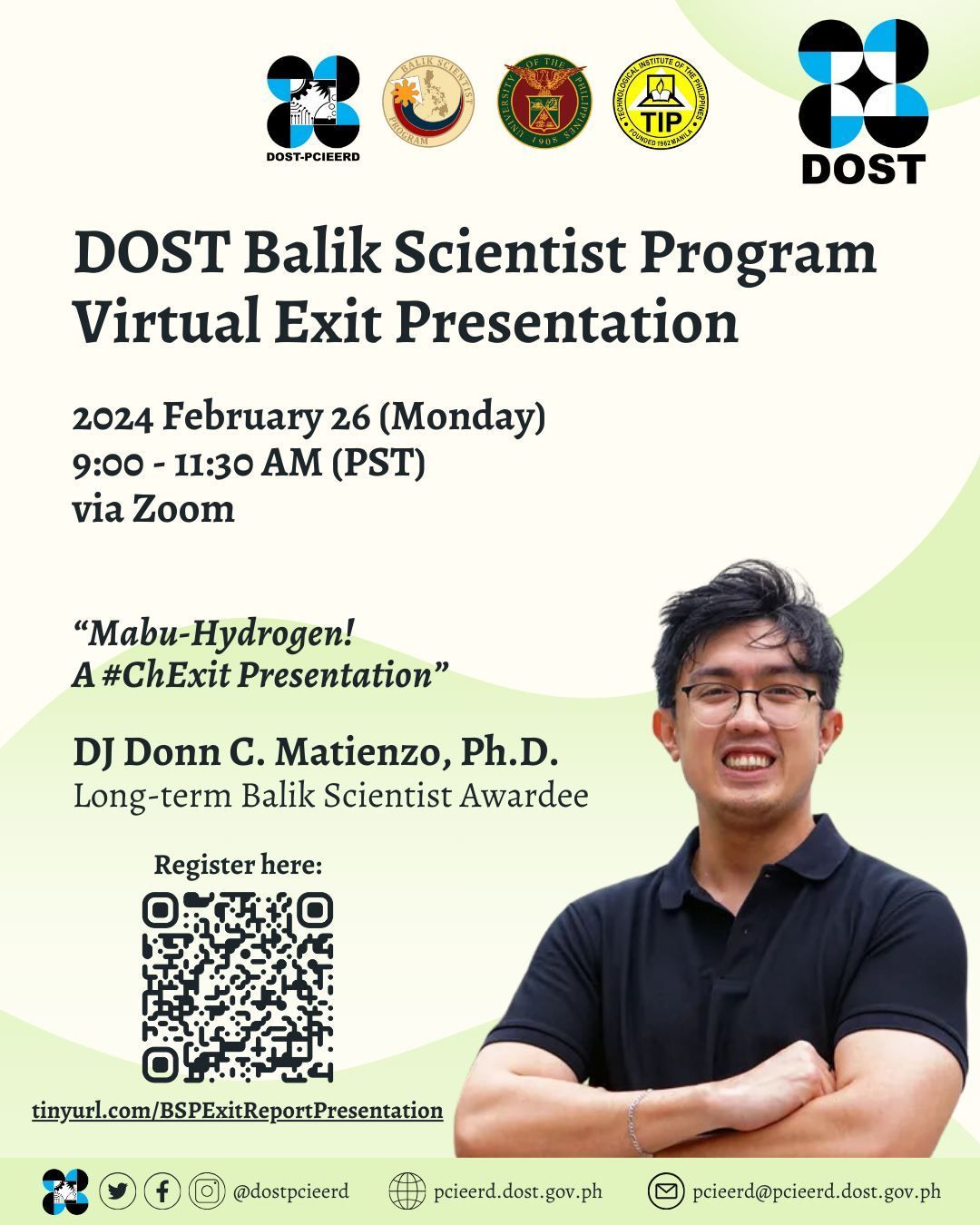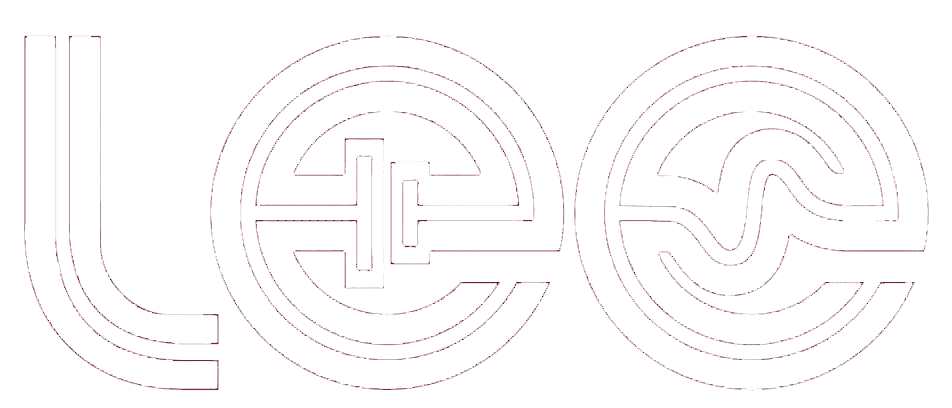LEE joins PCARI International Seminar-Workshop for R&D in the Philippines



Two LEE members, Asst. Prof. Julie Anne D. del Rosario (PCARI Scholar) and Ms. Katherine Kay C. Yumul (GREEN Power Program-Project Staff), participated in the “PCARI International Seminar-Workshop on Laying the Foundation of the Future of Research and Development in the Philippines” held on March 23-24, 2017 at The Peninsula Manila.
The event gathered key representatives of concerned agencies to discuss common issues on research and development management, and produce a set of recommendations for addressing these issues towards enhancing the country’s productivity in research and innovation.
Delegates from select HEIs, the Commission on Audit (COA), Department of Trade and Industry (DTI), Department of Science and Technology – Philippine Council for Industry, Energy and Emerging Technology Research and Development (DOST-PCIEERD), Philippine Council for Agriculture, Aquatic and Natural Resources Research and Development (DOST-PCAARRD), Philippine Council for Health Research and Development (DOST-PCHRD), Department of Agriculture – Bureau of Agricultural Research (DA-BAR), Department of Health (DOH), and other government agencies concerned with research and development management were invited and grouped for parallel sessions of lectures and workshops. Research management and administration experts from University of California (UC) Berkeley also joined the 2-day event to share the UC model for research and development management.
Participants of this workshop included project leaders, project development officers, and project staffs who actively contributed to the workshops documenting the problems commonly encountered in pre-award processes, project implementations, intellectual property rights and scholarship concerns. They also discussed and presented possible solutions to these issues. The results of the workshop were collated to be discussed further by R&D implementing agencies.
The event ended with a fellowship dinner for all attendees and organizers.





